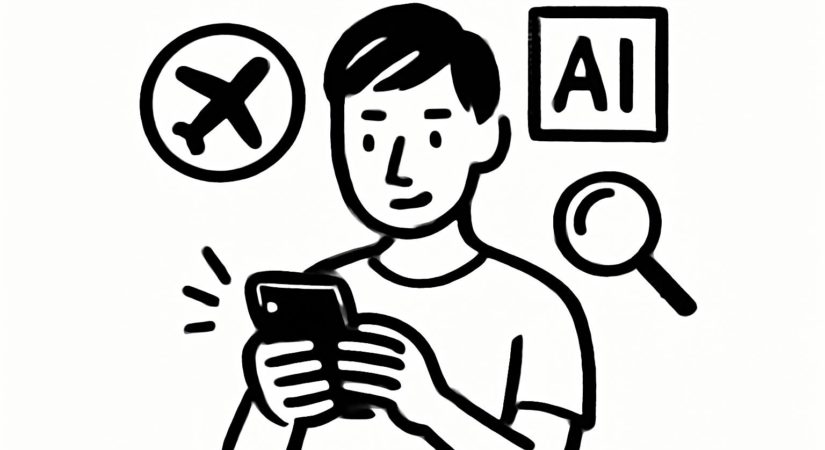Tripadvisor is adjusting its approach as generative AI reshapes the search landscape. While advertisers have not yet felt the full impact of AI-driven traffic changes like publishers have, companies like Tripadvisor are preparing for significant shifts.
Matthew Dacey, Tripadvisor’s Chief Marketing Officer, acknowledges that Google’s AI integration in search will rapidly alter traffic patterns. Although Tripadvisor’s monthly visits declined from 146-169 million in early 2023 to about 120 million by February 2025, this drop reflects broader changes in how users seek information beyond any single AI feature.
To respond, Tripadvisor aims to become a daily habit rather than just a travel utility. This involves enhancing the app experience, revamping its membership program, and positioning itself earlier in the customer journey, making the platform a starting point for travel planning.
Tripadvisor currently has over 100 million active members but low app engagement. The company is incorporating AI to predict traveler needs based on shared preferences, delivering personalized recommendations and notifications at relevant times.
Launching this month, a new brand campaign celebrates Tripadvisor’s 25th anniversary and emphasizes its role as a direct planning destination rather than a search intermediary.
Tripadvisor also partners with AI search startup Perplexity, enabling access to unique behavioral data and integrating hotel listings into AI-generated summaries. Six months into the partnership, Tripadvisor reports promising results and plans to expand the collaboration to include restaurants and experiences, aiming to generate revenue and increase qualified traffic from AI-powered channels.
This strategy reflects a broader trend where brands like Tripadvisor may have advantages over publishers in the AI era. Unlike publishers reliant on pageviews, brands can sustain revenue despite traffic fluctuations by reallocating budgets towards performance marketing and partnerships.
Tim Hussain, co-founder of AI consultancy Signal42, notes that while advertisers will face secondary effects such as rising cost-per-click rates, they have more flexibility to adapt budgets compared to publishers who depend heavily on search-driven traffic.
